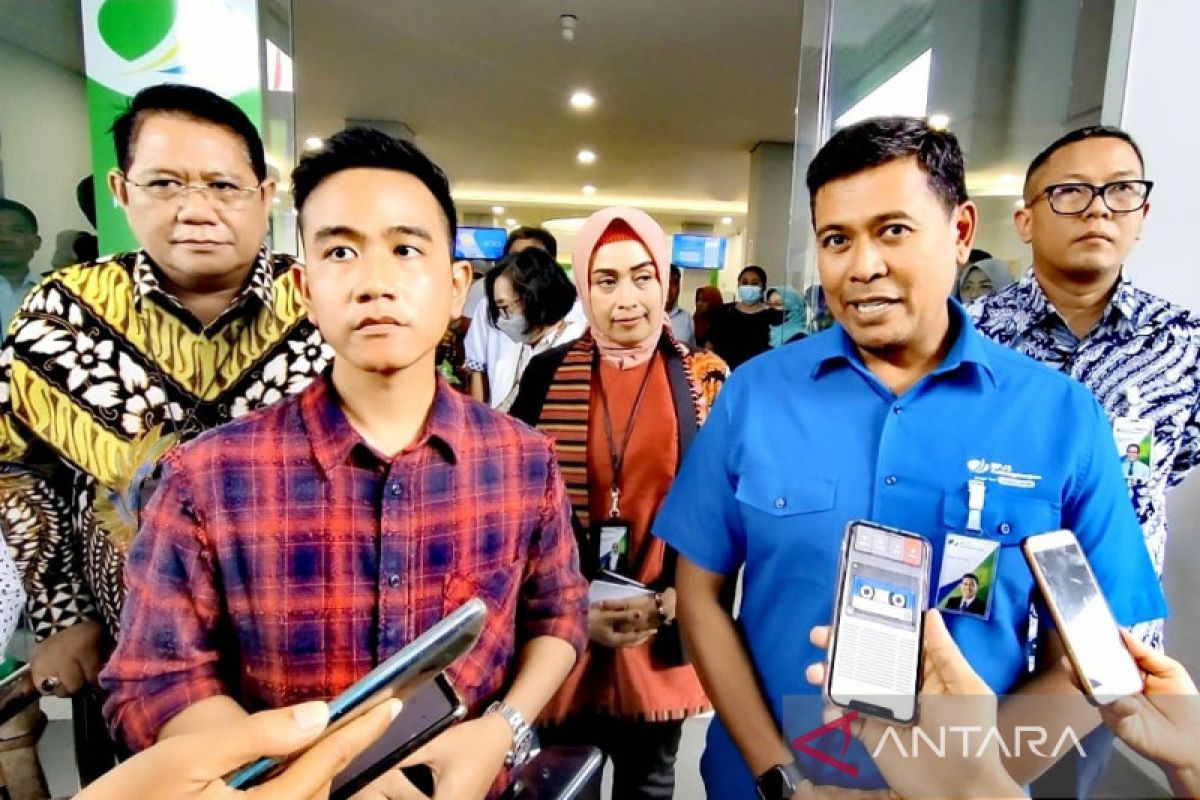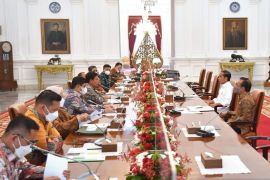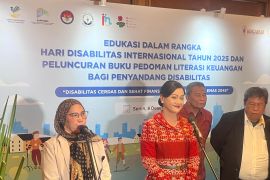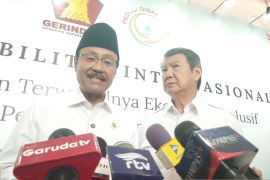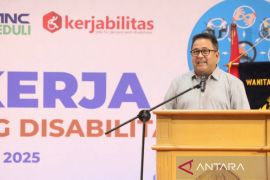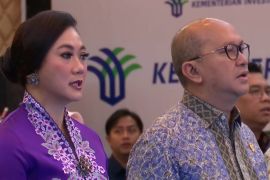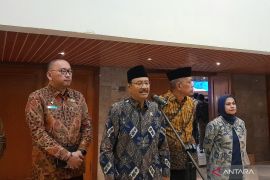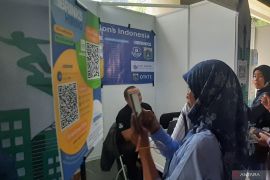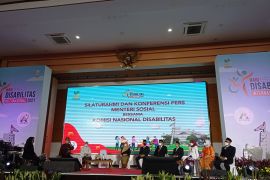President director of BPJS Employment Anggoro Eko Cahyo informed that currently, the number of participants from the informal sector is still low.
He made the remarks at the inauguration of an inclusive job center at the Surakarta BPJS Employment Branch Office in Solo, Central Java, on Wednesday.
"We encourage workers from the informal sector such as micro, small, and medium enterprises (MSMEs), online motorcycle taxis, farmers, and fishermen to join in our program," Cahyo said.
BPJS Employment is a legal entity, which seeks to provide all workers in Indonesia social protection from certain socioeconomic risks.
The number of program participants from the informal sector is still low because many do not know about the participation process and criteria, he added.
"They think BPJS Employment is only for office workers. It is not, it is for all employees," Cahyo emphasized.
The number of BPJS Employment participants has reached 36 million nationally, with 8 million of them being informal workers, he informed.
"President Joko Widodo targets us to reach 70 million participants in 2026," he said.
Meanwhile, the new office that he inaugurated in Solo was opened as part of efforts to give the agency a facelift.
"In order to provide better services, we do not only improve our building, but also our digital services. Now, most of the claims have come via mobile, around 80 percent. The rest go to our office branches. Since there are fewer claims coming to our office, we try to tidy them up for the participants' comfort," he explained.
The inauguration of the inclusive job center by renovating a disabled-friendly space and intensifying the return to work program for workers with disabilities is expected to help people with disabilities to get a job, he said.
"We have asked companies to provide a place for them to work. Because according to Law Number 8 of 2016, state-owned enterprises (SOEs) and regional-owned enterprises (BUMD) must provide two percent of the employee's quota for people with disabilities, while the private sector must provide one percent. They have an obligation to employ people with disabilities. We will help to meet the demands and supplies," he added.
On the same occasion, Solo Mayor Gibran Rakabuming Raka lauded BPJS Employment for its support to the informal sector and persons with disabilities.
"We will encourage BUMD in our place (to hire people with disabilities). This is our homework," he said.
Related news: Bali urges companies to join BPJS program
Related news: BPJS Kesehatan readies Rp9 trillion for disease screening
Related news: JKN has revolutionized health services in 10 years: BPJS
Translator: Aris Wasita, Resinta S
Editor: Azis Kurmala
Copyright © ANTARA 2023
